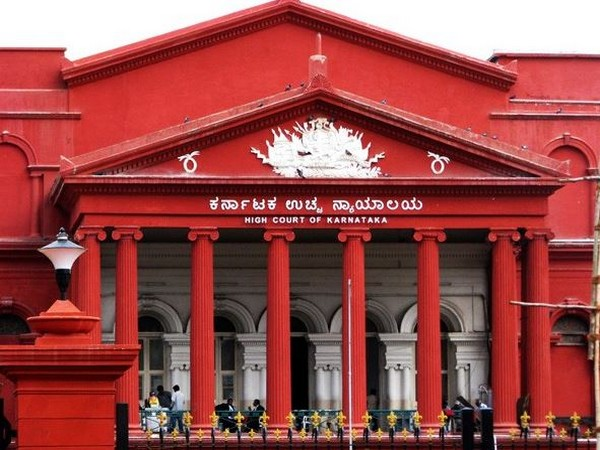Synopsis: One of the petitions alleges that no single conviction surrounding the death of manual scavengers in Karnataka has taken place.
In a batch of pleas seeking the abolition of the practise of manual scavenging in the State, the Karnataka High Court on Friday reserved its order.
The division bench of Chief Justice Abhay Shreeniwas Oka and Justice Vishwajith Shetty said the order would be pronounced after two weeks.
Two petitions were filed before the High Court seeking a ban on the state’s practice of manual scavenging. The first plea was filed by All India Central Council of Trade Unions (AICCTU), through Advocate Clifton D’Rozario.
In the second petition, Senior Advocate Jayna Kothari appeared before the Karnataka State Legal Services Authority.
At the previous hearing, D’Rozario had told the Bench about the state’s nine ways of manual scavenging. He also argued that absolutely no one in Karnataka had been convicted in manual scavenging cases. He further stated that most of the manual scavengers belonged to the community of the Scheduled Caste/Scheduled Tribe (SC/ST).
D’Rozario also highlighted the need for a consolidated list of manual scavengers for the state.
Kothari focused on the misuse of the Prohibition of Employment in the State as Manual Scavengers and their Rehabilitation Act.
The Court noted, after reviewing the state government’s objections, that there was hardly any enforcement of the Act. All parties will have to side with the implementation of the Act in these petitions.
It was alleged in the plea filed by AICCTU that the inhumane practise of manual scavenging in the State of Karnataka took scores of workers’ lives.

Manual Scavenging, the plea said, is a clear affront to the right of an individual to live with dignity and respect. In addition, the direct handling of human excreta involved in manual scavenging, the PIL contended, has significant health implications.
In addition, the PIL cautioned that the tradition of manual scavenging has developed and become institutionalised through the railways, the defence establishment and some religious festivals.
In the petitioner’s submission, the continued practise of manual scavenging violates the constitutional rights guaranteed under Articles 14, 15, 17, 19, 21 and 23, as well as the Directive Principles of the Constitution of India in Articles 38, 39, 46 and 47.
The petition also drew light on the fact that a committee had previously been set up by the High Court which submitted a report highlighting the circumstances of pourakarmikas (sanitation workers) across Karnataka.
The report highlighted the inadequate underground drainage, the manual cleaning of a significant number of septic tanks and further suggestions for war-based mechanisation. The state government had also committed itself to implementing this report.
However, the plea alleges that at least 41 people have died in the process of manual scavenging following the Court’s decision in 2015. The plea charges that no single conviction involving the death of manual scavengers in Karnataka has taken place.
The petitioner also expressed concern about the inadequate enforcement of the State’s Prohibition of Employment as Manual Scavengers and its Rehabilitation Act, 2013.
On those grounds, the plea requested instructions to eradicate the State’s practise of manual scavenging. Apart from this the plea also tried to rehabilitate manual scavengers. To this end, it demanded that, the next of kin of all manual scavengers who have lost their lives in manholes, sewer lines, septic tanks, etc., ever since 1993 be paid compensation of Rs. 10 lakh each.
As interim relief, the plea prayed to prohibit the respondents from allowing any person to conduct manual scavenging in any manner.
The implementation of the Prohibition of Employment as Manual Scavengers and their Rehabilitation Act was primarily challenged in the second petition.

